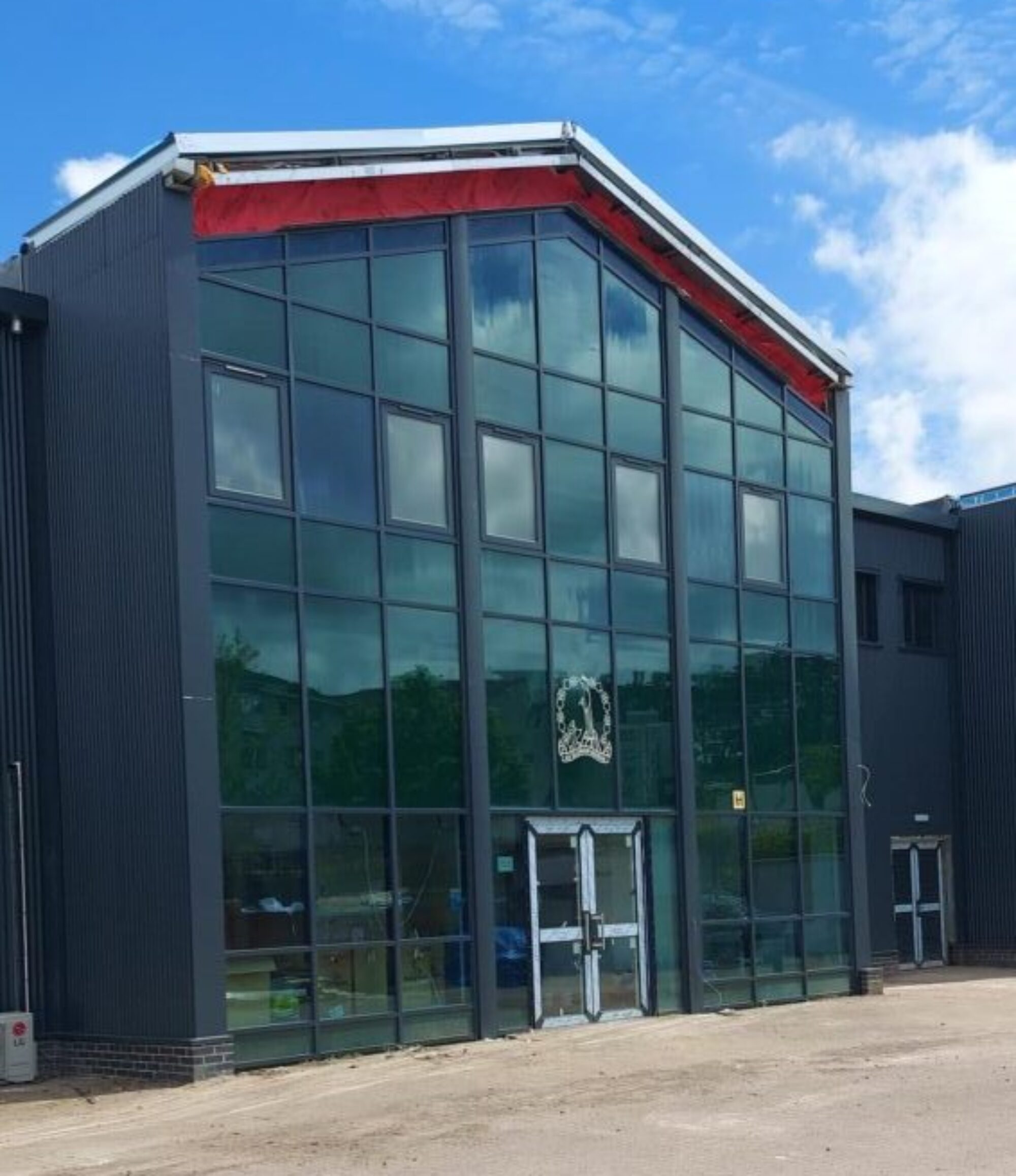Homework in Our Lady of Lourdes is structured in consultation with the pupils, staff and parents. It is the combined ‘voices’ of all of these stakeholders that has written this document. It has been proven that when parents/carers and schools work together, children do better.
So why is homework important?
Homework should help the children to do the following:
• Practise and build on what they have learned at school;
• Link school work to real life;
• Take more responsibility for their own learning;
• Learn how to organise and manage their time;
• Learn and work independently.
Homework helps teachers to do the following:
• Check (in a different context) the child’s understanding of classwork;
• Due to the reinforcement or enquiry given at home, work at a faster pace of learning with the child;
• Liaise with parents about their child’s learning.
Homework should help parents to do the following:
• Engage in their child’s learning;
• Gain a window into the classroom and give an ongoing picture of how their child is doing with their learning;
• Support their child’s learning at home improving their chances of becoming a successful learner.
General Guidance:
- Even on weekdays, children should have time left during their evenings to go to clubs, spend time with their family (playing games/talking etc), attending a special event at home or indeed getting to bed at a reasonable time.
- The following is the suggested time allocations for each stage (this includes both written and oral homework):
- P1-3 = 15-20 minutes per night maximum
- P4-7 = 20-30 minutes per night maximum
If your child is taking longer than this, there is no need to continue with the homework: just sign the sheet/diary and/or write in a brief note outlining the difficulty.
Weekly and Termly Guidance:
- Week 1: Oral and Practical homework only (Oral: eg read and discuss the main character in a book with your parent/Find out about the life cycle of a butterfly etc/Practical: eg Practise throwing and catching a ball/jog on the spot for 30 seconds etc).
- Week 2: Written homework within jotters (ie On the Monday of Week 2, the chn will be given out their jotters to complete written tasks which they should return to school for Friday of that week.
- Google Classroom activities will also take place throughout the course of a 4 weekly period to allow your child(ren) to maintain and further develop their skills in accessing and using this platform and to further engage them with homework activities. At the beginning of each school year when prompted by their teacher, the children should log on at home and accept their Google Classroom ‘invite’.
- Topic/project homework may be given over a much longer period.
- One curriculum area should be given per night.
- At least one night each week should focus on Literacy and one night on Numeracy (although Literacy may be spread across two nights eg Spelling one night and Reading another night or talk preparation for their writing etc). Literacy and Numeracy tasks will be a mixture of written and oral throughout the term.
- The remaining 1 or 2 nights should cover a varied range of curricular areas throughout each term. Health and Wellbeing (including physical activity and sport) should also be given regularly. Other areas include RE, Art and Design, French, Music, Dance, topic etc.
- When children are preparing for Sacraments such as the Reconciliation, Eucharist or Confirmation, there will be a strong focus on RE across that terM.
- In general, tasks should be as active and fun as possible whilst still reinforcing key learning (eg ‘counting on’ in Maths can be reinforced by playing ‘Snakes and Ladders’).
- Outdoor learning opportunities should be given throughout each term with a particular focus on the summer term.
- As much as possible throughout the week, tasks should link to real life (eg Find a range of 3D shapes in your kitchen at home and make a note of how many sides and corners each of the items had).
- Tasks should also be relevant when appropriate eg related to the Olympic Games, St. Andrew, seasonal etc.
- The Learning at Home Overviews (posted on the School app) include key learning for both Literacy and Numeracy as well as suggested online resources which offer parents the ability to give their child additional homework tasks if they wish to supplement their child’s homework. The Games Based Learning Overview, noting digital learning and board games is also a good source of reinforcing key learning.
- On occasion, a homework task may simply be to explain to their parent what they have been learning in class that day related to one curriculum area. (Children learn something really well when they can talk about it/explain it to someone else).
- P1-4 will continue to be given homework sheets/P5-7 will continue to use homework diaries.
- Homework passes will be used as an incentive for good behaviour.
- No homework should be given on nights when a known event is taking place (eg Parents’ Evenings, School trips, Hallowe’en).
- No homework should be given throughout the months of December or June (other than to learn parts for their show/words for the songs in concerts etc or suggested activities such as to carry out Acts of Kindness at home (eg help to put up the Christmas tree etc).
We are all in agreement, that quality matters much more than quantity: the kind of homework your child is given is much more important than the amount. If you wish your child to do more homework that is given, please refer to the key learning within the Learning at Home Overviews for further suggested activities

